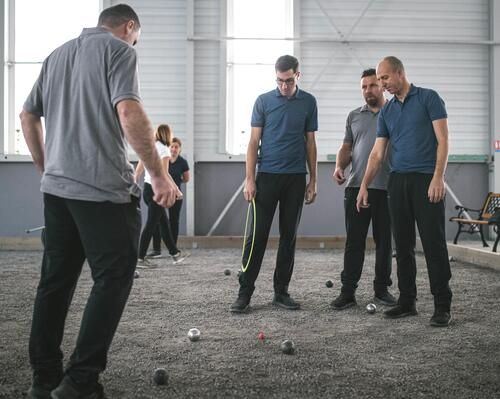1- Competition means sacrificing your social life… is that right?
You might think that 3 to 5 training sessions per week and a lifestyle that's "healthy" enough to perform, makes a competition sportsperson's life rather boring. You'd be forgiven for thinking that. But what if we told you that life for someone involved in competition sports is actually quite different from what society generally reckons it to be? Sure, it may be true that sportspeople - at least, those who do competitions though it varies according to level, sport and temperament - don't go out, or not much, don't frequently stay up all night, don't drink alcohol at Lucy's 20th birthday party… In other words, we'll give you that one. It may be that they do, in fact, miss some good times with friends after lessons or work, as they go training instead. Perhaps that is indeed the case.
But what about the times when they travel to a sports event, in a coach that's buzzing with excitement, where everybody's on the same vibe? Tournaments and competitions in which you laugh, cry, and help each other out? What about those moments when you celebrate your victories in the changing rooms? The support you get from your team or your training partners? Those life-changing moments with your coach? These are all bonds that are woven and nurtured, giving you joy as you stock up with precious experiences, no matter your age.
But so long as you've never experienced that kind of thing, it might be hard to understand, and you might imagine that you'd be sacrificing your social life… And also, competition is very often a choice. If that choice doesn't make you as happy you thought it would, then it makes sense to re-consider the matter. It's never too late to change your way of life.






